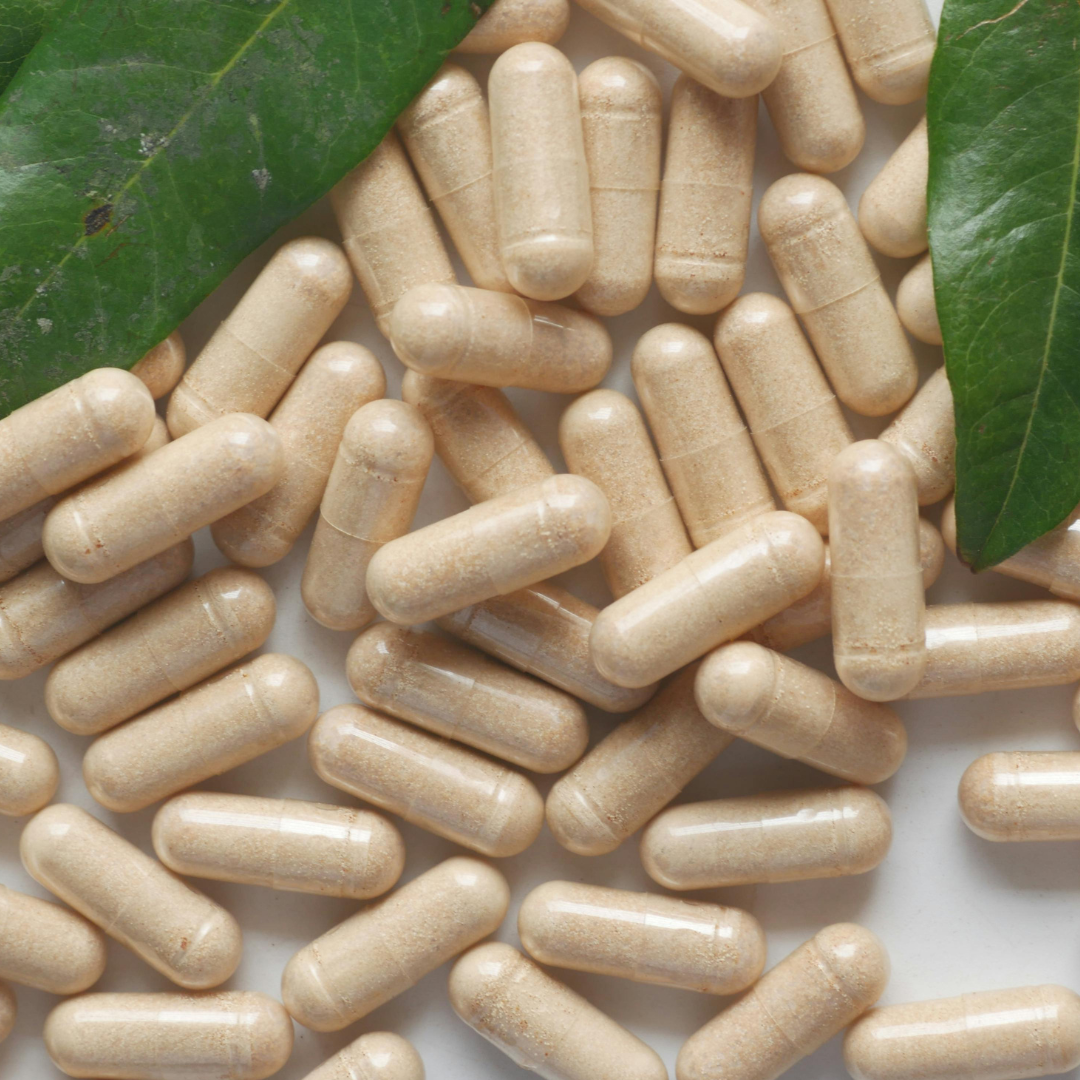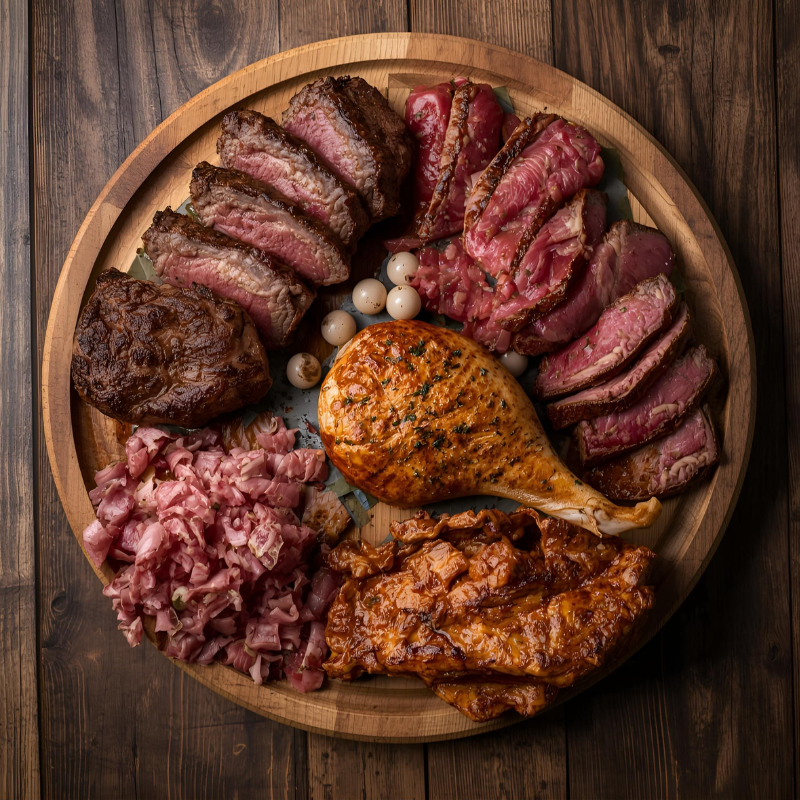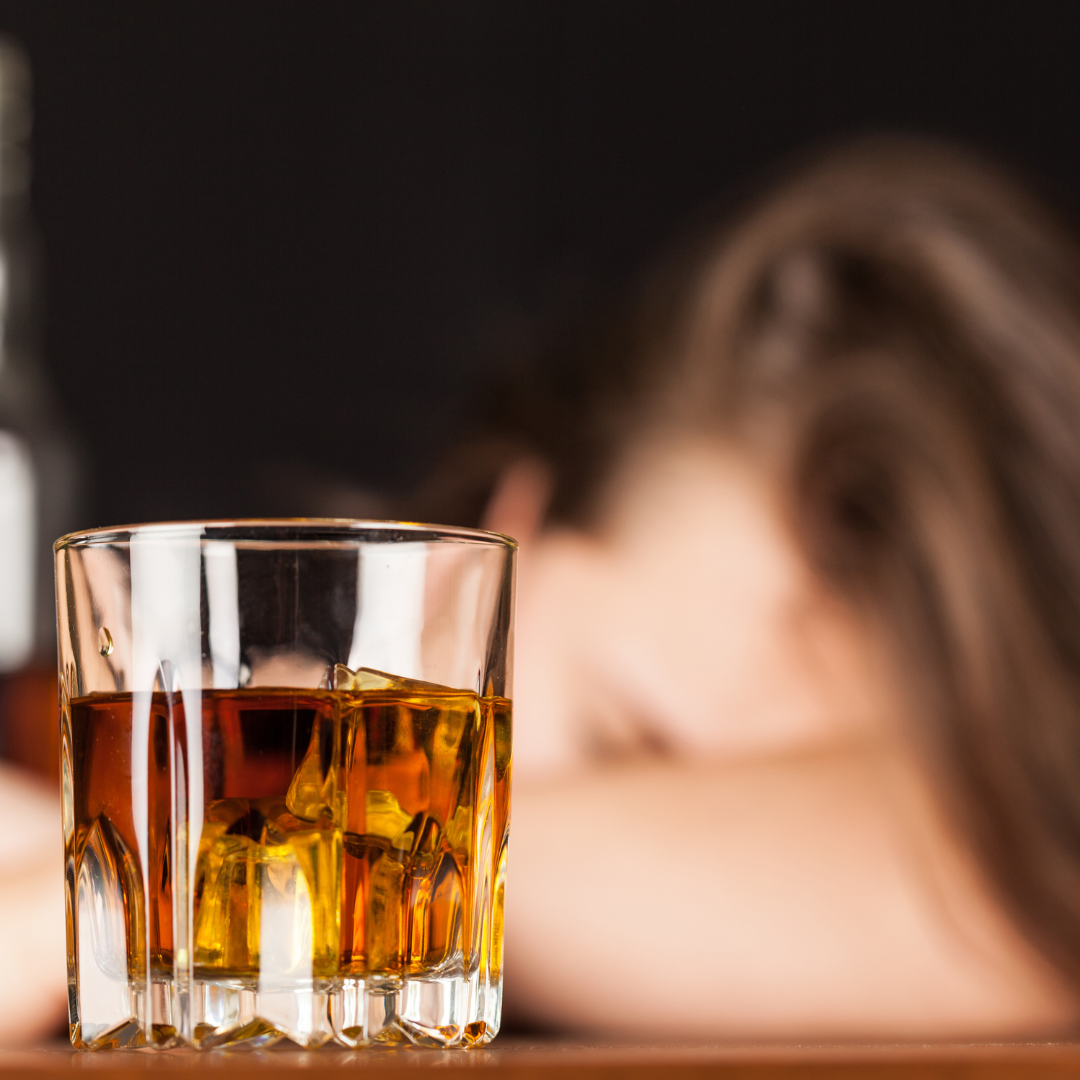Alcohol and Fitness: How Drinking Impacts Your Progress
Many people enjoy a drink to relax, celebrate, or socialize. But if you’re working hard in the gym, alcohol could be slowing down your results more than you realize. From fat loss and muscle growth to sleep and recovery, alcohol plays a bigger role in fitness than most people think.
1. Alcohol Slows Down Muscle Growth
Building muscle requires protein synthesis—the process where your body repairs and builds muscle tissue after workouts. Studies show alcohol reduces protein synthesis, meaning your muscles don’t recover and grow as efficiently .
2. Alcohol Can Increase Fat Storage
Alcohol contains 7 calories per gram—almost as calorie-dense as fat, but without the nutritional benefits. When you drink, your body prioritizes metabolizing alcohol over burning fat and carbs, leading to more fat storage .
3. Alcohol Dehydrates the Body
Alcohol is a diuretic, which means it causes your body to lose fluids and electrolytes. Dehydration can reduce strength, endurance, and performance in your workouts .
4. Alcohol Affects Hormones
Excessive drinking lowers testosterone and raises cortisol (the stress hormone), both of which can negatively affect muscle growth and fat loss .
5. Alcohol Disrupts Sleep
Quality sleep is essential for recovery, growth, and energy. While alcohol might make you fall asleep faster, it reduces REM sleep—the most restorative sleep stage—leaving you feeling groggy and slowing your recovery .
6. Alcohol Impairs Coordination and Recovery
Even small amounts of alcohol can reduce reaction time, coordination, and balance, which may increase the risk of injury during workouts or sports .
Tips for Balancing Fitness and Alcohol
You don’t need to give up drinking completely to stay fit. Instead, consider these strategies:
-
Moderation is key: Stick to 1–2 drinks occasionally.
-
Choose lower-calorie drinks: Spirits with soda water or light beer over sugary cocktails.
-
Stay hydrated: Drink water between alcoholic beverages.
-
Plan ahead: Avoid drinking right after a workout when your body needs recovery.
-
Prioritize sleep and nutrition: Balance social events with rest and proper fueling.
Bottom Line
Alcohol isn’t inherently “bad,” but frequent or heavy drinking can slow down fat loss, muscle gain, and recovery. If fitness is your goal, being mindful about how much and when you drink can make a big difference.
Supporting Sources:
-
Parr, E. B., Camera, D. M., Areta, J. L., & Phillips, S. M. (2014). Alcohol ingestion impairs maximal post-exercise rates of muscle protein synthesis. PLOS ONE.
-
National Institute on Alcohol Abuse and Alcoholism. “Alcohol and Nutrition.”
-
Mayo Clinic – Alcohol-induced dehydration effects.
-
Vingren, J. L. et al. (2013). Alcohol intake and hormonal response. Sports Medicine.
-
Sleep Foundation – How Alcohol Affects Sleep.
-
CDC – Alcohol and injury risks.
Read more

Discover the benefits of shilajit for men, including testosterone support, energy, fertility, muscle recovery, and overall vitality.

Discover the science-backed benefits of the Carnivore Diet, including improved energy, fat loss, mental clarity, and reduced inflammation — plus get a practical shopping list and 3-day meal plan to...

